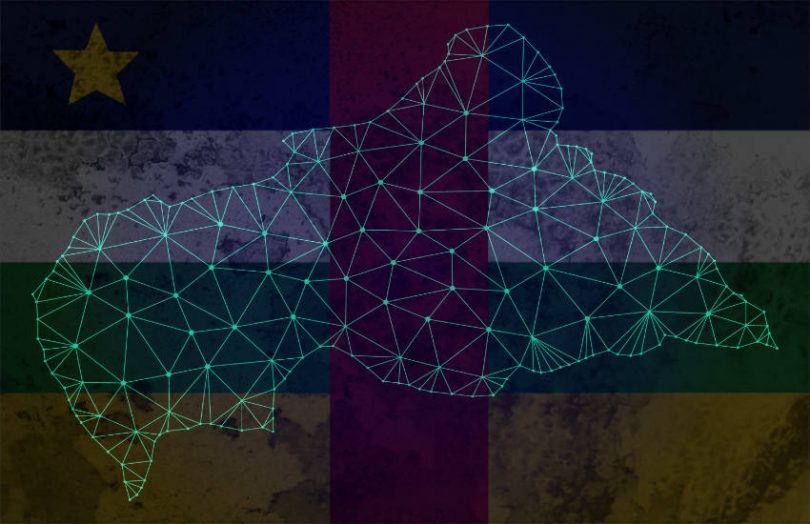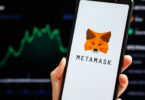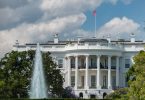After the Central African Republic (CAR) adopted Bitcoin as legal tender in April, yesterday, its President Faustin-Archange Touadéra announced on Twitter that the country plans to use blockchain to tokenize its mineral resources to raise funds.
Details of the country’s resources were shared by the Sango project, which was started by the Central African Republic National Assembly and is supported by the President. The PowerPoint lists CAR’s abundant mineral resources, including cobalt, uranium, gold, and oil.
There’s no question that the CAR has hugely valuable commodites deposits. But to date, tokenization initiatives have been for extracted metals and minerals, not those still in the ground.
Article continues …

Want the full story? Pro subscribers get complete articles, exclusive industry analysis, and early access to legislative updates that keep you ahead of the competition. Join the professionals who are choosing deeper insights over surface level news.






